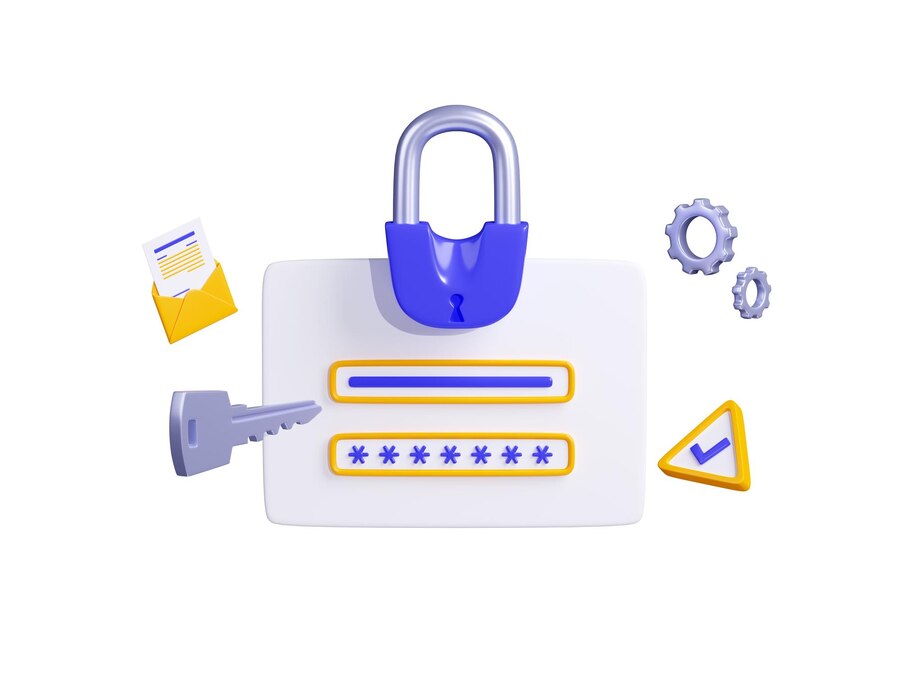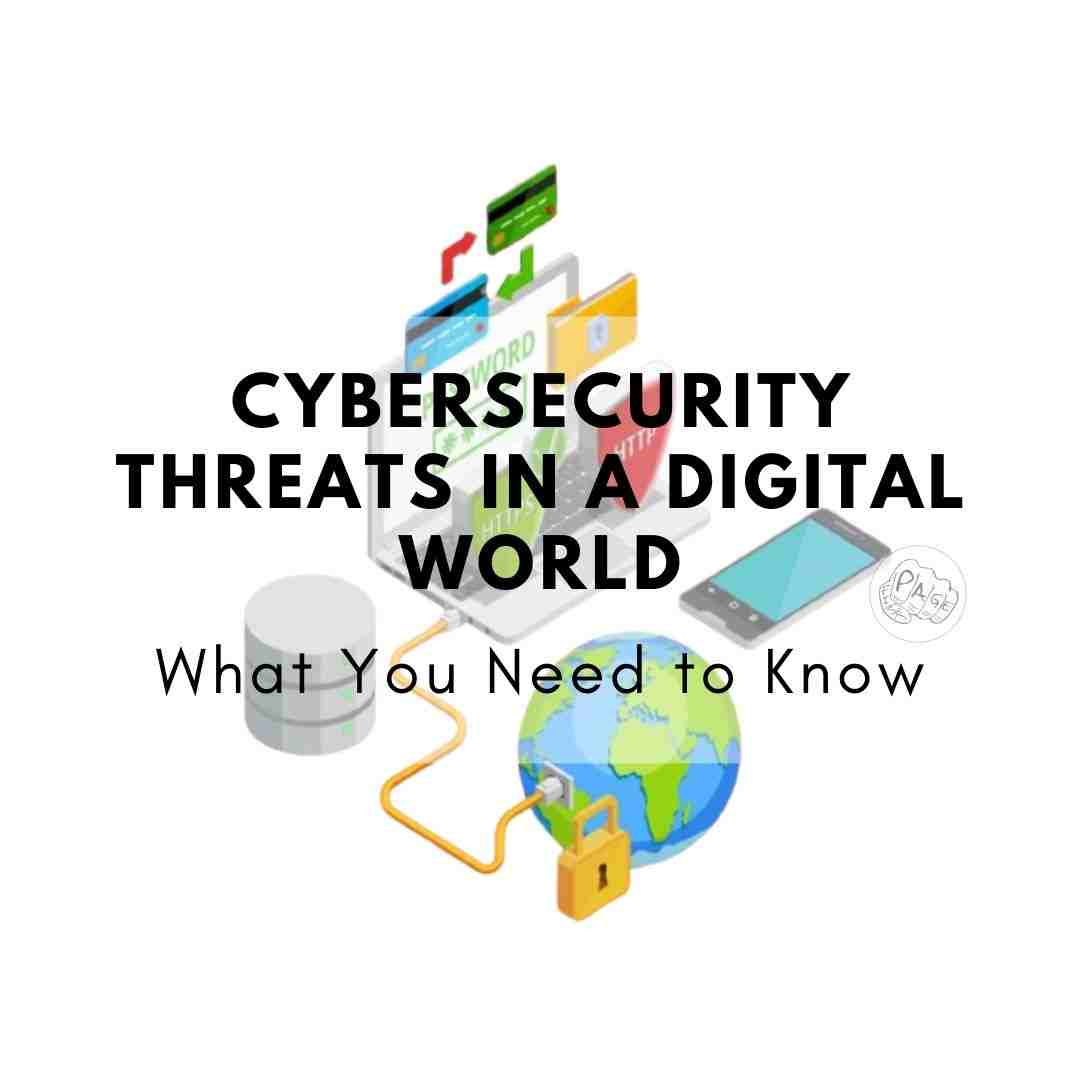New to Cybersecurity? Start Here for Expert Tips and Tricks
New to Cybersecurity? Start Here for Expert Tips and Tricks - Your ultimate guide to navigating the world of cybersecurity, from basics to advanced techniques. Learn essential skills, counter cyber threats, and become a digital superhero!
Introduction
So, you've decided to dive headfirst into the vast ocean of cybersecurity? Excellent choice! With cyber threats becoming more sophisticated by the day, the need for cybersecurity experts has never been higher. Whether you're a tech enthusiast, a recent computer science grad, or someone just looking to bolster their digital defenses, this article is your compass in the labyrinth of online security.
Cybersecurity can be a daunting field, with its complex jargon and ever-evolving landscape, but fear not! We're here to guide you through the basics and beyond. From understanding the fundamental concepts to advanced tricks that will make you the Sherlock Holmes of the digital realm, this article is your ultimate starting point.
Cybersecurity: A Wild and Dangerous Frontier
Before we plunge into the tips and tricks, let's set the stage. Cybersecurity is the frontier where hackers and defenders engage in an endless game of cat and mouse. It's a world where cybercriminals attempt to breach security systems, while security experts like you stand guard to thwart their nefarious plans. Here, the stakes are high, and the consequences of failure can be catastrophic.
But Why is Cybersecurity Crucial?
In a world where we live much of our lives online, from shopping and banking to socializing and working, protecting our digital presence is paramount. Here's why:
-
Personal Privacy: Cybersecurity safeguards your personal data, preventing it from falling into the wrong hands. Your social security number, bank account details, and even your embarrassing selfies—everything is at risk.
-
Financial Security: Cyberattacks can empty your bank account, steal your credit card information, or rack up debts in your name. Proper cybersecurity ensures your financial well-being.
-
National Security: Cyberattacks on critical infrastructure, like power grids and healthcare systems, can have devastating consequences. As a cybersecurity warrior, you help safeguard your nation from such threats.
-
Corporate Protection: Businesses rely on secure digital operations. Cybersecurity experts are vital to protecting sensitive company data, customer information, and intellectual property.
Now, with the importance of cybersecurity clear, let's jump into the practical tips and tricks to help you become a digital superhero!
The Cybersecurity Arsenal
To venture into the world of cybersecurity, you need to stock up on essential tools and knowledge. It's like preparing for a treasure hunt; the better your gear, the greater your chances of success.
1. Knowledge is Power
In cybersecurity, knowledge is your mightiest weapon. You must understand the basics, and that means…
A. Learning the Lingo
- What's an IPS? (Intrusion Prevention System)
- How about a DDoS attack? (Distributed Denial of Service)
- And what's the difference between HTTP and HTTPS? (HyperText Transfer Protocol vs. HyperText Transfer Protocol Secure)
B. Mastering Operating Systems
You should be comfortable with Windows, Linux, and Mac systems. Each has its own vulnerabilities and attack vectors.
C. Study Networking
Delve into TCP/IP, subnetting, and routing protocols. Understanding networks is essential, as many cyberattacks target them.
D. Programming Prowess
Coding languages like Python, C, and Java will be your allies in understanding vulnerabilities and writing secure code.
2. Security Best Practices
Now that you speak the language of cybersecurity, it's time to put that knowledge to good use.
A. Password Management
- Use long and complex passwords. "123456" won't cut it!
- Enable two-factor authentication (2FA) wherever possible.
B. Keep Software Updated
Outdated software is like an open door for hackers. Keep your operating system, browsers, and apps up to date.
C. Secure Your Wi-Fi
Set a strong password for your Wi-Fi network and use WPA3 encryption. It keeps snoopers at bay.
D. Antivirus and Anti-Malware
Install reliable antivirus software. It's your first line of defense against malware.
E. Firewalls
Activate your device's firewall to monitor incoming and outgoing network traffic.
3. Ethical Hacking and Penetration Testing
Becoming a cybersecurity pro often involves learning the art of ethical hacking, where you legally hack systems to identify vulnerabilities.
A. Get Certified
Consider certifications like Certified Ethical Hacker (CEH) to validate your skills.
B. Practicing in a Sandbox
Set up a controlled environment, a "sandbox," to practice your skills without causing harm. Experiment, learn, and improve.
Advanced Cybersecurity Tricks
You've got your basics down, and now it's time to up the ante! These advanced tricks are the secret weapons in your cybersecurity arsenal.
1. Social Engineering Countermeasures
Social engineering attacks target people rather than technology. Protect yourself and others from these insidious schemes.
A. Phishing Awareness
- Don't click on unsolicited links or download suspicious attachments.
- Verify the sender's identity before sharing sensitive information.
B. Security Training
Conduct security awareness training sessions for your organization or community. Knowledge is your best defense.
2. Threat Hunting
Stop waiting for cyber threats to come to you. Go on the offense!
A. Intrusion Detection Systems (IDS)
Set up IDS to detect suspicious activities on your network. It's like having a silent guardian.
B. Anomaly Detection
Use machine learning algorithms to identify unusual patterns of behavior, a sign of potential threats.
3. Incident Response
When a cyberattack strikes, you need a well-oiled incident response plan.
A. Formulate an IR Team
Assemble a team of experts ready to swing into action at a moment's notice.
B. Forensics
Forensics experts investigate breaches, collecting evidence that can bring cybercriminals to justice.
Conclusion
With these expert tips and tricks, you're now better equipped to embark on your cybersecurity journey. Remember, cybersecurity is a constantly evolving field, so keep learning, experimenting, and adapting to new challenges. Your role as a cybersecurity guardian is crucial in an increasingly digital world. Don't hesitate to explore, discover, and make your mark in this exciting, ever-changing domain. Now, go forth and secure the digital realm like the cyber warrior you're destined to be! New to Cyber
Share This Post
Related Articles
Vulnerability assessment
A vulnerability assessment is a process of identifying, analyzing, and prioritizing the risks and weaknesses of a system or network. It helps to determine the level of exposure to potential threats and the impact of a breach or attack. A vulnerability assessment can also provide recommendations for mitigating or resolving the identified vulnerabilities.
What is Password Manager?
Explore the digital guardian realm! What is a Password Manager? Dive into the cyber sanctuary, decode its magic, and learn why it's your shield in the online jungle.
Cybersecurity Threats in a Digital World: What You Need to Know
Discover the top cybersecurity threats in today's digital landscape and learn how to protect yourself and your data. Stay one step ahead of cybercriminals!
Decoding Ethical Hacking vs Cyber Security: A Comprehensive Guide
Explore the nuances between Ethical Hacking and Cyber Security to fortify your digital defenses. Gain insights into methodologies, skillsets, and the synergy between these vital components of cybersecurity.
Navigating the Murky Waters of Phishing Attacks in Cyber Security: Stay Sharp and Secure!
Protect your digital life! Learn about phishing attacks in cyber security – what they are, how to spot them, and how to stay safe. Dive into this comprehensive guide now!
Related FAQ
No related FAQ.
Say Hello
To Your Dream





